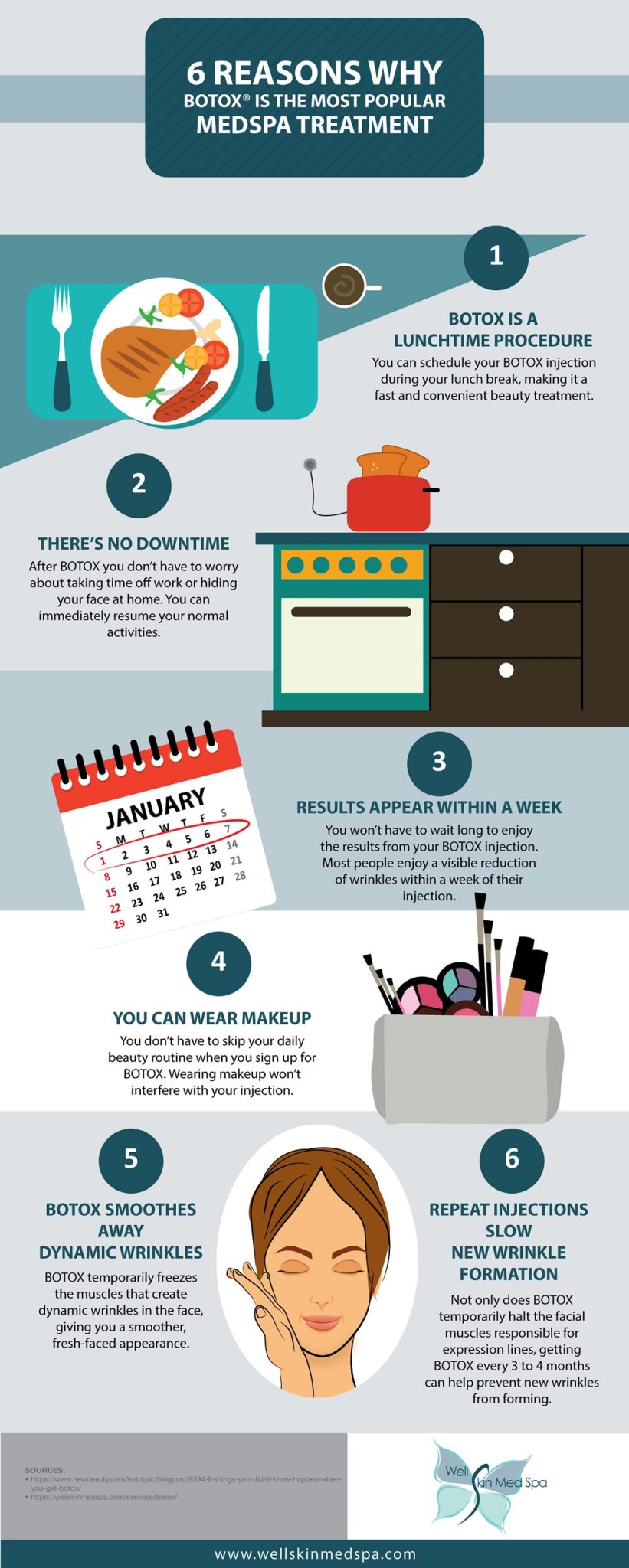Considering SMILE Surgery? Discover Significant Considerations And Understandings To Sustain You In Making A Wise Option Concerning Your Vision In Advance
Considering SMILE Surgery? Discover Significant Considerations And Understandings To Sustain You In Making A Wise Option Concerning Your Vision In Advance
Blog Article
Authored By-Banke Patel
If you're considering SMILE eye surgery, consider this: are you prepared to welcome possible visual flexibility, or does the idea of any kind of risks make you be reluctant? Your choice will certainly rest on a careful equilibrium of considering the benefits against the uncertainties. It's essential to dive much deeper right into the nuances of SMILE surgery to make an educated option that aligns with your visual goals.
Understanding SMILE Eye Surgery
When thinking about SMILE Eye Surgical procedure, it is very important to understand the procedure and its advantages. SMILE, which stands for Little Laceration Lenticule Removal, is a minimally intrusive laser eye surgical procedure that remedies common vision issues like myopia (nearsightedness).
Throughout the procedure, your eye specialist will utilize a femtosecond laser to produce a little incision in your cornea. Through this laceration, a little disc of tissue called a lenticule is gotten rid of, improving the cornea and remedying your vision.
Among cataract surgery does it hurt of SMILE Eye Surgical procedure is its fast recuperation time. Numerous patients experience boosted vision within a day or two after the treatment, with very little discomfort.
In addition, SMILE is recognized for its high success price in supplying long-lasting vision modification. Unlike LASIK, SMILE does not call for the development of a flap in the cornea, reducing the risk of problems and allowing for a more secure corneal structure post-surgery.
Understanding the treatment and its benefits is vital when taking into consideration SMILE Eye Surgery for vision improvement.
Advantages and disadvantages of SMILE
Thinking About SMILE Eye Surgery for vision improvement includes different advantages and potential drawbacks.
One of the major pros of SMILE is its minimally invasive nature, as it entails a little laceration and commonly leads to quick recovery times. The procedure is likewise understood for triggering very little pain and completely dry eye signs post-surgery compared to various other vision improvement methods. In addition, SMILE has actually been revealed to supply exceptional aesthetic end results, with several individuals accomplishing 20/20 vision or far better.
On the other hand, a prospective disadvantage of SMILE is that it may not appropriate for individuals with serious refractive mistakes, as the treatment array is somewhat restricted compared to LASIK. One more factor to consider is that the knowing curve for surgeons applying SMILE can impact the availability of experienced service providers in specific areas.
It is essential to weigh these pros and cons carefully when determining if SMILE is the best selection for your vision correction needs.
Identifying Eligibility for SMILE
To determine if you're qualified for SMILE eye surgical procedure, your ophthalmologist will certainly perform a complete evaluation of your eye wellness and vision needs. During this examination, elements such as the stability of your vision prescription, the thickness of your cornea, and the general health of your eyes will be examined.
Usually, prospects for SMILE are over 22 years of ages, have a secure vision prescription for a minimum of a year, and have healthy corneas without problems like keratoconus.
Your ophthalmologist will likewise consider your overall eye wellness, any type of existing eye problems, and your lifestyle needs to figure out if SMILE is the best selection for you. https://www.medgadget.com/2021/05/laser-vision-correction-market-2021-predominantly-boosted-with-cagr-of-7-9-by-the-rising-global-economy-cmi-revealing-industry-analysis-to-2027.html to communicate any specific visual requirements or problems you may have during this evaluation to guarantee that the therapy aligns with your assumptions.
If you aren't qualified for SMILE, your eye doctor may recommend alternate vision improvement alternatives that much better match your individual demands and eye health standing.
Final thought
Eventually, choosing whether SMILE eye surgery is right for you requires cautious consideration of your specific eye health and visual demands. Speak with your optometrist to establish your eligibility for the treatment and consider the possible advantages and disadvantages. Keep in mind to connect any problems or questions you might have throughout the assessment procedure to make an enlightened choice about your vision adjustment options.
